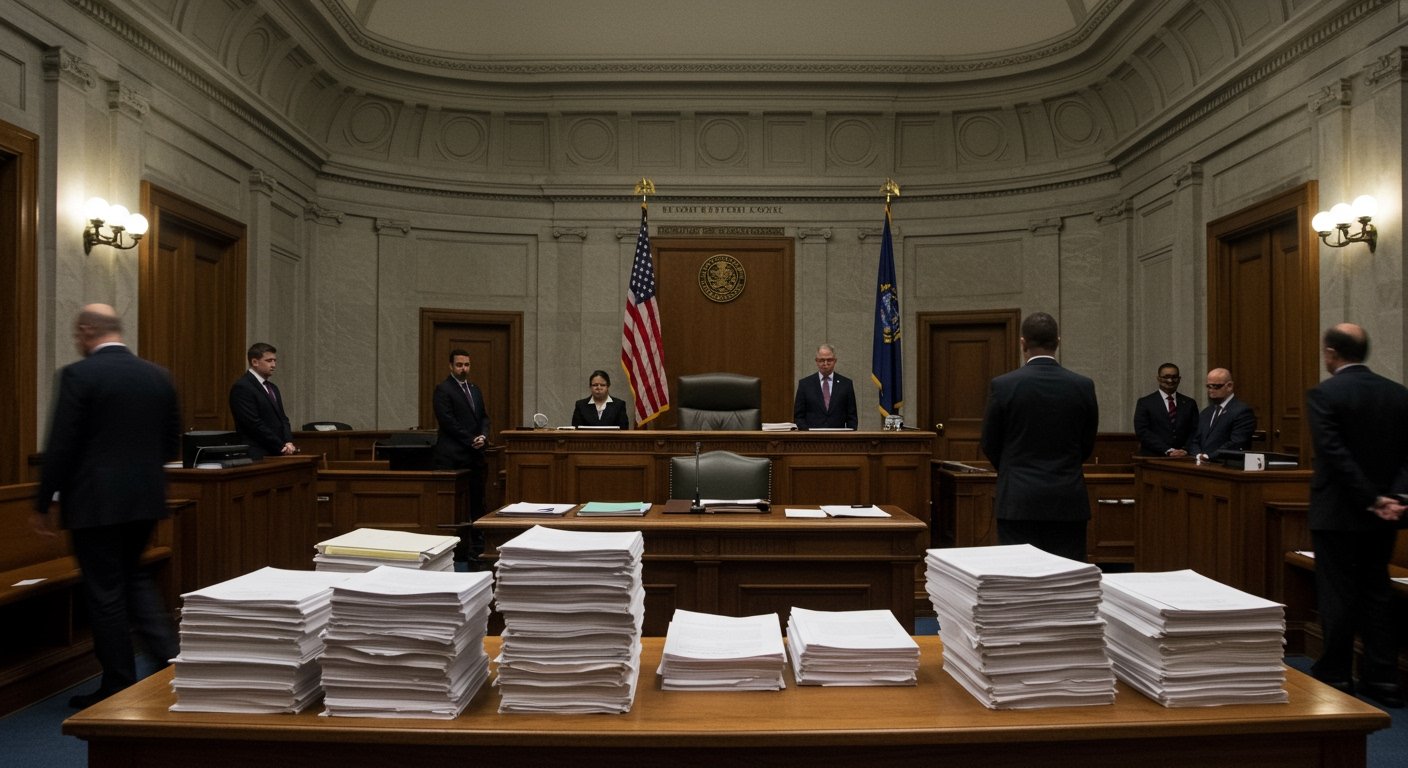Washington, D.C. — The United States Justice Department has announced a significant new initiative aimed at addressing the persistently high rates of violent crime and the crisis of missing and murdered Indigenous people in areas with high Native American populations across the country. The effort, officially dubbed “Operation Not Forgotten,” marks an unprecedented commitment of federal resources to tackle these long-standing issues.
Under “Operation Not Forgotten,” the Justice Department will surge Federal Bureau of Investigation (FBI) assets by deploying 60 FBI personnel on rotating 90-day temporary duty assignments over a six-month period. This constitutes the longest and most intense national deployment of FBI resources to address crime in Indian Country to date, underscoring the severity and scope of the challenges faced by these communities.
Addressing a National Crisis
The initiative is a direct response to what officials describe as unacceptably high crime rates affecting American Indian and Alaska Native communities. U.S. Attorney General Pam Bondi articulated the department’s motivation, stating, “Crime rates in American Indian and Alaska Native communities are unacceptably high.” She emphasized that the surge aims to “help deliver the accountability that these communities deserve” by intensifying investigative efforts and ensuring justice for victims and their families. The operation will involve close collaboration between federal prosecutors from U.S. Attorneys’ offices and tribal law enforcement agencies.
FBI Director Kash Patel highlighted the specific objectives of the deployed personnel. He stated that the FBI will actively “manhunt violent criminals on all lands” and dedicate resources to “find those who have gone missing.” This focus targets both resolving past and ongoing violent crimes and bringing closure to cases involving missing Indigenous persons.
Targeted Deployment Across Ten Cities
The 60 FBI personnel are being dispatched to support field offices in ten cities strategically located near significant Native American populations. These cities include Albuquerque, New Mexico; Denver, Colorado; Detroit, Michigan; Jackson, Mississippi; Minneapolis, Minnesota; Oklahoma City, Oklahoma; Phoenix, Arizona; Portland, Oregon; Seattle, Washington; and Salt Lake City, Utah. The personnel will provide critical support to local FBI offices already engaged in investigating crimes within tribal jurisdictions, augmenting their capacity to handle complex and numerous cases.
This surge is designed to integrate with existing efforts and enhance capabilities on the ground. The deployed teams will work in partnership with various agencies, including the Bureau of Indian Affairs Missing and Murdered Unit, which was established to specifically address the crisis of missing and murdered Indigenous people (MMIP).
The Scale of the Challenge: FBI’s Indian Country Caseload
The Justice Department’s announcement comes against the backdrop of a substantial caseload already managed by the FBI’s Indian Country program. As of the beginning of fiscal year 2025, the program had approximately 4,300 open investigations across various crime categories. This significant number illustrates the persistent demand for federal law enforcement intervention in Indian Country, where federal agencies often have primary jurisdiction over major crimes committed by or against Native Americans on tribal lands.
The breakdown of these open investigations further highlights the specific nature of the violence and abuse affecting these communities. The caseload includes over 900 death investigations, many of which involve suspicious circumstances or homicides. Additionally, there are 1,000 child abuse investigations, underscoring the vulnerability of the youngest members of these communities. More than 500 investigations pertain to domestic violence and adult sexual abuse, revealing the pervasive issue of interpersonal violence.
A Step Towards Accountability
“Operation Not Forgotten” represents a significant commitment of federal investigative resources aimed at making a tangible impact on these statistics. By surging personnel, the FBI intends to accelerate investigations, apprehend suspects, and bring cases to prosecution more effectively. The focus on unresolved violent crimes and missing persons cases directly addresses core concerns raised by tribal leaders and advocates for years.
The six-month duration and rotating assignments allow for sustained, intensive focus on high-priority cases in targeted regions. Federal officials expressed optimism that this dedicated effort will lead to increased accountability for perpetrators of violence and provide long-awaited answers and justice for victims and their families in Native American communities across the United States.











